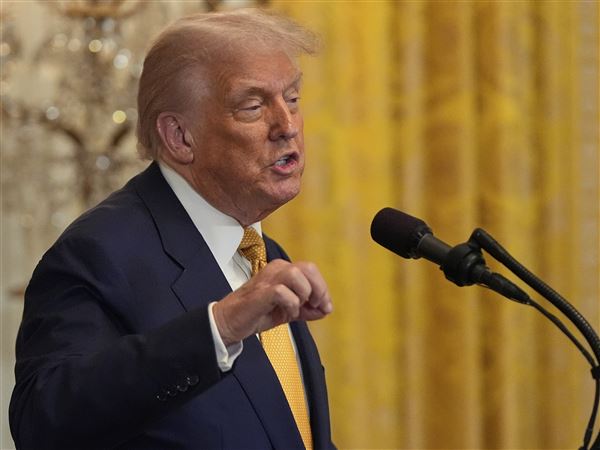A team led by a University of Pittsburgh physicist was awarded a $7.5 million U.S. Department of Defense grant to develop quantum computers, the still largely theoretical machines that it is believed could solve problems far more complex than any modern computers.
Jeremy Levy, a professor of physics and astronomy at Pitt, will lead a team of researchers from around the country on the five-year project.
Their project was among 32 nationwide that received $227 million in grants from 152 proposals made to the Multi-University Research Initiative (MURI) program, which is overseen by the Army Research Office, the Office of Naval Research, and the Air Force Office of Scientific Research.
MURI supports research across institutions and departments to accelerate research and more quickly put that research into use.
Dr. Levy and researchers from Cornell, Stanford, Michigan, Wisconsin and the University of California at Santa Barbara will pursue three main goals: to use superconducting semiconductors to develop new types of quantum memory; perform quantum simulation; and create new methods for transferring quantum information from one medium to another.
No practical quantum computer yet exists because controlling quantum physics has been difficult to achieve, Dr. Levy said.
First Published: August 3, 2010, 7:15 p.m.
















